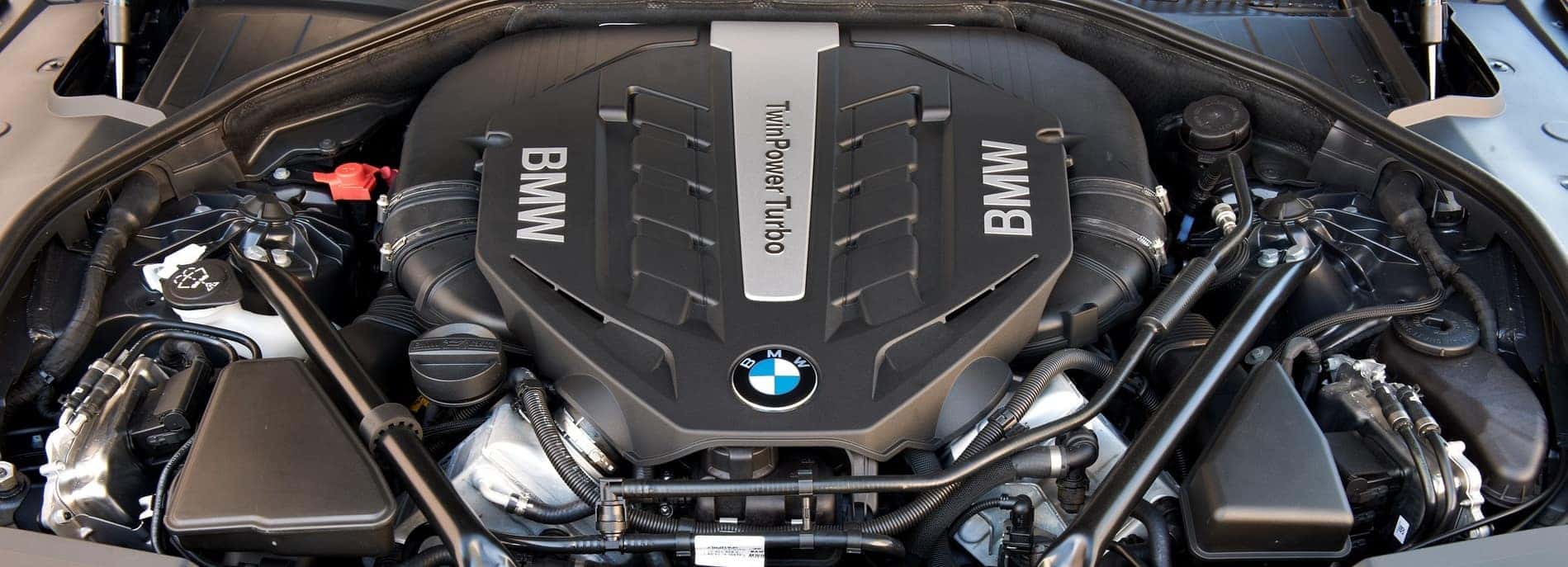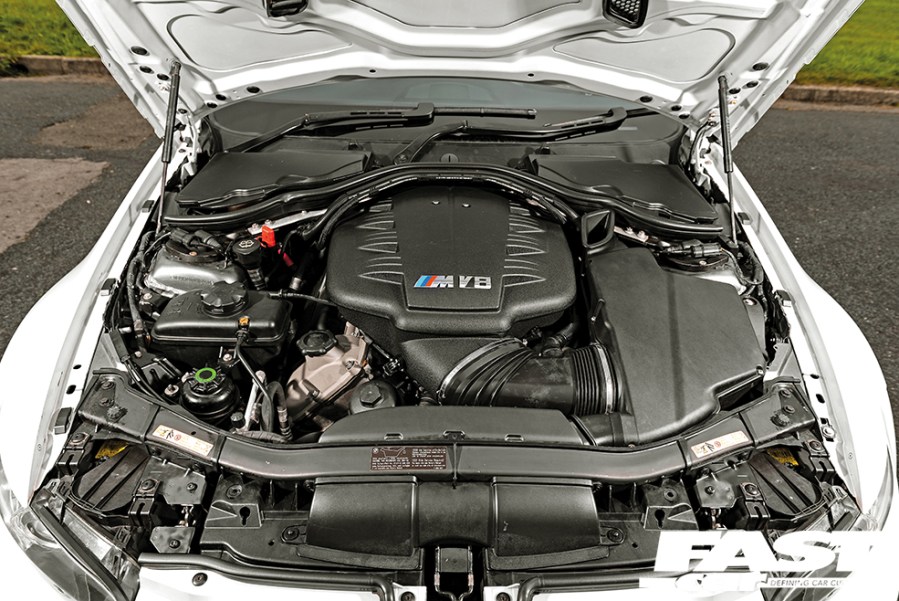Typical Issues Encountered by BMW Engine Owners and Exactly How to Fix Them
Typical Issues Encountered by BMW Engine Owners and Exactly How to Fix Them
Blog Article
Unveiling the Intricacies of Next-Generation Power Units: a Deep Dive Into Advanced Engine Designs and Innovations
In the realm of automotive design, the ruthless search of performance, effectiveness, and sustainability has thrust the advancement of power systems to unmatched heights. As we stand on the precipice of a brand-new era in transportation, the complexities of next-generation engine layouts bid us to check out the cutting-edge innovations and developments that assure to redefine the driving experience. From sophisticated products that press the boundaries of longevity and weight reduction to advanced turbocharging and supercharging systems that boost power result to brand-new degrees, each part of these power units holds an essential to unlocking the future of automobile engineering. Digging deeper into the worlds of discharge control, intelligent engine management systems, and the perspective of power system development, we find ourselves on the cusp of a change that assures to reshape the landscape of movement as we recognize it.
Evolution of Engine Materials

The shift in the direction of progressed engine materials has additionally enabled designers to make engines with greater power results while maintaining fuel effectiveness requirements. For instance, the usage of lightweight materials decreases the total weight of the engine, leading to enhanced gas economy and reduced emissions. In addition, developments in materials innovation have actually enabled far better thermal management within engines, leading to raised reliability and durability.
Turbocharging and Supercharging Technologies
Exactly How do Turbocharging and Supercharging Technologies change engine efficiency and effectiveness in modern cars? Turbo charging and turbocharging are modern technologies that substantially boost engine performance by raising the quantity of air intake into the burning chamber. Turbocharging accomplishes this by using a turbine driven by exhaust gases to pressurize the consumption air, while supercharging makes use of a belt- or chain-driven compressor to achieve the exact same effect.
These modern technologies allow smaller, extra fuel-efficient engines to produce power equal to larger ones, known as downsizing. By forcing even more air into the cyndrical tubes, turbocharging and turbo charging boost combustion effectiveness, leading to raised horsepower and torque outcome without a significant rise in engine dimension. This leads to far better acceleration, towing capacity, and total driving efficiency.
Furthermore, turbocharging and supercharging contribute to enhanced gas effectiveness by allowing the use of smaller sized engines that take in less fuel under typical driving problems - bmw engine. This combination of boosted efficiency and efficiency has made turbocharging and turbo charging integral parts of lots of contemporary engine designs
Emission Control and Environmental Effect
With raising worldwide issues concerning air quality and ecological sustainability, the application of exhaust control technologies in cars plays a vital duty in reducing dangerous pollutants launched into the environment. Modern cars are equipped with innovative discharge control systems that aid decrease the environmental effect of auto operations. Catalytic converters, for example, are designed to convert poisonous gases such as carbon monoxide, nitrogen oxides, and hydrocarbons right into much less dangerous compounds like co2 and water vapor.
Furthermore, innovations in engine modern technology, such as the More Help assimilation of exhaust gas recirculation systems and discerning catalytic reduction, have actually considerably added to lowering exhausts. These modern technologies work in tandem to optimize burning performance and decrease the release of harmful pollutants into the air. In addition, the advancement of hybrid and electrical lorries represents a vital step towards reducing the overall ecological impact of the transport industry.
Intelligent Engine Administration Equipment

Furthermore, these systems allow lorries to meet stringent discharges requirements without jeopardizing efficiency, offering an extra eco pleasant driving experience. The assimilation of expert system and artificial intelligence capabilities in engine administration systems remains to push the borders of what is possible, leading to more improvements in efficiency, reliability, and overall lorry performance. bmw engine. As automotive modern technology breakthroughs, intelligent engine management systems will play a crucial function in forming the future of transport in the direction of a much more lasting and reliable direction
Future Trends in Power Unit Advancement
As smart engine management systems pave the way for improved control and optimization in modern lorries, future trends in power device advancement are positioned to redefine the landscape of automobile propulsion modern technologies. These alternate power resources provide enhanced efficiency and efficiency while lining up with stringent environmental laws.
One more considerable trend is the assimilation of advanced materials and manufacturing methods. Lightweight materials such as carbon fiber and light weight aluminum are being used to minimize general car weight, improving fuel efficiency and performance. Additionally, improvements in bmw engine 3D printing and additive production are allowing the manufacturing of complex engine parts with higher accuracy and sturdiness.
Moreover, man-made knowledge and machine understanding are playing an important duty in enhancing power device performance. These innovations permit real-time monitoring and flexible control, causing more dependable and efficient power shipment. Overall, future fads in power device growth are geared towards efficiency, efficiency, and sustainability, driving the vehicle industry in the direction of a brand-new era of propulsion technologies.

Conclusion
In conclusion, the innovations in engine products, turbocharging, exhaust control, and smart monitoring systems have paved the means for next-generation power systems. The intricate designs and advancements in modern-day engines showcase the continuous evolution of vehicle technology.
Checking out the progressive improvements in engine materials has actually been essential in enhancing the performance and effectiveness of modern-day engines. Over the years, the development of engine products has played a critical duty in pushing the limits of what engines can achieve.The shift towards progressed engine materials has also made it possible for engineers to create engines with greater power results while maintaining fuel performance criteria.The implementation of smart engine monitoring systems in modern lorries has changed the way engines are controlled and enhanced for efficiency and performance. By accumulating information in real-time and examining it with advanced formulas, intelligent engine administration systems can adapt to driving styles, ecological aspects, and engine health to optimize power result while lessening gas consumption and emissions.
Report this page